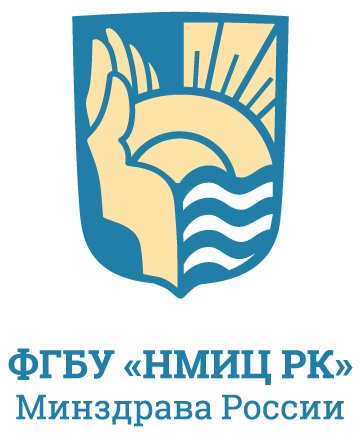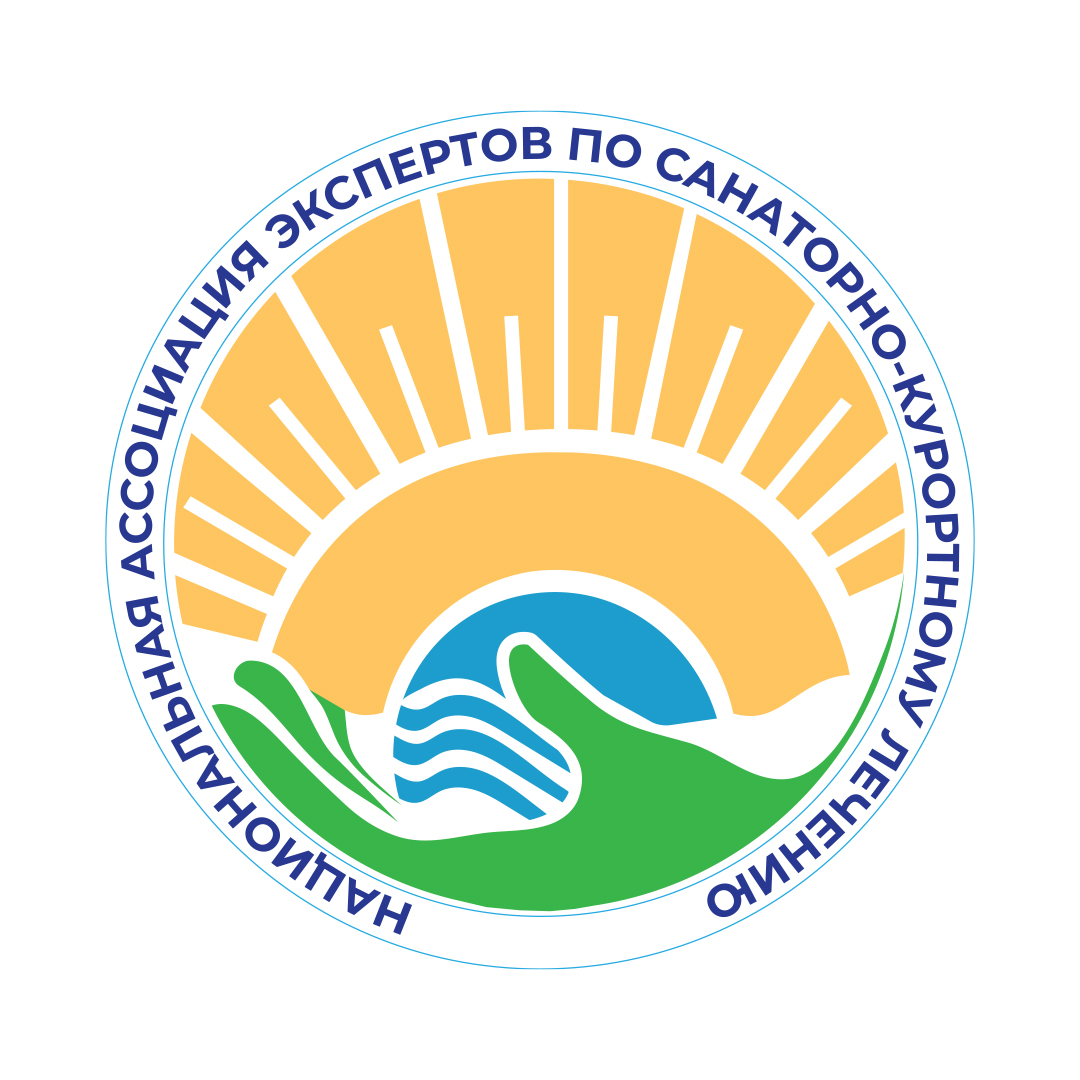Issue 1-22, 2023
Effect of Rehabilitation Interventions on Post-Stroke Upper Limb Dysfunction and Cognitive Functions: a Systematic Review and Meta-Analysis
1,2 ![]() Elena V. Kostenko, 1
Elena V. Kostenko, 1 ![]() Lyudmila V. Petrova, 1
Lyudmila V. Petrova, 1 ![]() Dmitry I. Nahrapov, 1
Dmitry I. Nahrapov, 1 ![]() Irena V. Pogonchenkova
Irena V. Pogonchenkova
1 Moscow Centre for Research and Practice in Medical Rehabilitation, Restorative and Sports Medicine of Moscow Healthcare Department, Moscow, Russian Federation
2 Pirogov Russian National Research Medical University, Moscow, Russian Federation
ABSTRACT
INTRODUCTION. The prevalence of upper limb dysfunction and cognitive impairments are frequently observed following stroke, but are often considered as distinct entities, and there is little evidence regarding how they are related, as well as rehabilitation methods are aimed at monodomain restoration of any of these impairments.
AIM. To analyze the data of recent years on the impact of rehabilitation interventions on cognitive and the upper limb (UL) motor functions in patients with stroke, and to establish how they are related.
MATERIAL AND METHODS. The search was carried out in the Medline, Web of Science, PubMed and Scopus sources in accordance with the PRISMA principles and initially revealed 2,841 records. Of these, 35 articles were included in the study with publication 2011–2022. Keywords were used: stroke, movement, motor, upper limb, cognition, cognitive, cognitive-motor, motor-cognitive function. The relationship between cognitive impairments and the degree of restoration of the UL motor function under the influence of various rehabilitation interventions was assessed.
RESULTS. Five studies were selected for meta-analysis with the inclusion of 180 stroke patients. It is shown that the improvement of cognitive tests (MoCA) is accompanied by an improvement in UL motor impairments (FMA, Jebsen-Taylor Hand Function Test), while hand dexterity (Box and blocks, NHPT, Minnesota manual dexterity test) remained without statistically significant changes during medical rehabilitation.
CONCLUSION. The meta-analysis provides evidence of the relationship and mutual influence of cognitive functions on motor recovery and manual dexterity. However, the small sample size and heterogeneity of available studies are still limiting factors for obtaining unambiguous conclusions.
KEYWORDS: stroke, movement, cognition, motor functions, rehabilitation, upper limb
FOR CITATION: Kostenko E.V., Petrova L.V., Nahrapov D.I., Pogonchenkova I.V. Effect of Rehabilitation Interventions on PostStroke Upper Limb Dysfunction and Cognitive Functions: a Systematic Review and Meta-Analysis. Bulletin of Rehabilitation Medicine. 2023; 22(1): 69-79. https://doi.org/10.38025/2078-1962-2023-22-1-69-79
FOR CORRESPONDENCE: Lyudmila V. Petrova, E-mail ludmila.v.petrova@yandex.ru
References:
- Murray C.J., Vos T., Lozano R., Naghavi M., Flaxman A.D. et al. Disability-adjusted life years (DALYs) for 291 diseases and injuries in 21 regions, 1990-2010: a systematic analysis for the Global Burden of Disease Study 2010. Lancet. 2012; 380(9859): 2197-223. https://doi.org/10.1016/S0140-6736(12)61689-4
- Kwakkel G., Kollen B., Twisk J. Impact of time on improvement of outcome after stroke. Stroke. 2006; 37(9): 2348-2353. https://doi.org/10.1161/01.STR.0000238594.91938.1e
- Ullberg T., Zia E., Petersson J., Norrving B. Changes in functional outcome over the first year after stroke: an observational study from the Swedish stroke register. Stroke. 2015; 46(2): 389-394. https://doi.org/10.1161/STROKEAHA.114.006538
- Meyer S., Karttunen A.H., Thijs V., Feys H., Verheyden G. How do somatosensory deficits in the arm and hand relate to upper limb impairment, activity, and participation problems after stroke? A systematic review. Physical Therapy. 2014; 94(9): 1220-31. https://doi.org/10.2522/ptj.20130271
- Munthe-Kaas R., Aam S., Ihle-Hansen H., Lydersen S., Knapskog A.B., Wyller T.B., Fure B., Thingstad P., Askim T., Beyer M.K., Næss H., Seljeseth Y.M., Ellekjær H., Pendlebury S.T., Saltvedt I. Impact of different methods defining post-stroke neurocognitive disorder: The Nor-COAST study. Alzheimer’s Dement. 2020; 6: e12000. https://doi.org/10.1002/trc2.12000
- Sachdev P.S., Brodaty H., Valenzuela M.J., Lorentz L., Looi J.C., Berman K. et al. Clinical determinants of dementia and mild cognitive impairment following ischaemic stroke: the Sydney stroke study. Dementia and Geriatric Cognitive Disorders. 2006; 21(5-6): 275-283. https://doi.org/10.1159/000091434
- Montero-Odasso M., Almeida Q.J., Bherer L., Burhan A.M., Camicioli R., Doyon J. et al. Consensus on shared measures of mobility and cognition: from the Canadian Consortium on Neurodegeneration in Aging (CCNA). The Journals of Gerontology: Series A. 2018; 74(6): 897-909.
- Auriat A.M., Ferris J.K., Peters S., Ramirez J., Black S.E., Jacova C. et al. The impact of covert lacunar infarcts and white matter Hyperintensities on cognitive and motor outcomes after stroke. Journal of Stroke & Cerebrovascular Diseases. 2019; 28(2): 381-388. https://doi.org/10.1016/j.jstrokecerebrovasdis.2018.10.009
- Chhetri J.K., Chan P., Vellas B., Cesari M. Motoric cognitive risk syndrome: predictor of dementia and age-related negative outcomes. Frontiers in Medicine. 2017; (4): 166. https://doi.org/10.3389/fmed.2017.00166
- Verghese J., Annweiler C., Ayers E., Barzilai N., Beauchet O., Bennett D.A. et al. Motoric cognitive risk syndrome: multicountry prevalence and dementia risk. Neurology. 2014; 83(8): 718-726. https://doi.org/10.1212/WNL.0000000000000717
- Mullick A.A., Subramanian S., Levin M.F. Emerging evidence of the association between cognitive deficits and arm motor recovery after stroke: a meta-analysis. Restorative Neurology and Neuroscience. 2015; 33 (3): 389403. https://doi.org/10.3233/RNN-150510
- Ruan Y., Shi Y., Guo Y.F., Sun S.Y., Huang Z.Z., Wang Y.Z., Zheng Y., Wu F. Association between grip strength, rapid gait speed and cognition in people aged 50 and above in Shanghai during 2009-2010. Zhonghua Yu Fang Yi Xue Za Zhi. 2020; 54(12): 1414-1420.
- McGrath R., Cawthon P.M., Cesari M. et al. Handgrip Strength Asymmetry and Weakness Are Associated with Lower Cognitive Function: A Panel Study. Journal of the American Geriatric Society. 2020; 68(9): 2051-2058. https://doi.org/10.1111/jgs.16556
- Ishihara K., Izawa K.P., Kitamura M. Pinch strength is associated with the prevalence of mild cognitive impairment in patients with cardiovascular disease. Journal of Cardiology. 2020; 75(6):594-599. https://doi.org/10.1016/j.jjcc.2019.12.009
- Lee S.I., Liu X., Rajan S., Ramasarma N., Choe E.K., Bonato P. A novel upper-limb function measure derived from finger-worn sensor data collected in a free-living setting. PLoS One. 2019; 14(3): e0212484. https://doi.org/10.1371/journal.pone.0212484
- Hesseberg K., Tangen G.G., Pripp A.H. et al. Associations between Cognition and Hand Function in Older People Diagnosed with Mild Cognitive Impairment or Dementia. Dementia and Geriatric Cognitive Disorders Extra. 2020; (10): 195-204. https://doi.org/10.1159/000510382
- Leisman G., Moustafa A.A., Shafir T. Thinking, Walking, Talking: Integratory Motor and Cognitive Brain Function. Frontiers in Public Health. 2016; (4): 94. https://doi.org/10.3389/fpubh.2016.00094
- Law C.K., Lam F.M., Chung R.C. et al. Physical exercise attenuates cognitive decline and reduces behavioural problems in people with mild cognitive impairment and dementia: a systematic review. Journal of Physiotherapy. 2020; 6(1): 9-18. https://doi.org/10.1016/j.jphys.2019.11.014
- Han P., Zhang W., Kang L. et al. Clinical Evidence of Exercise Benefits for Stroke. Advances in Experimental Medicine and Biology. 2017; 1000: 131-151. https://doi.org/10.1007/978-981-10-4304-8
- Kueper J.K., Speechley M., Lingum N.R., Montero-Odasso M. Motor function and incident dementia: a systematic review and meta-analysis. Age and Ageing. 2017; 46(5): 729-738. https://doi.org/10.1093/ageing/afx084
- Moher D., Liberati A., Tetzlaff J., Altman D.G. PRISMA Group. Preferred reporting items for systematic reviews and meta-analyses: the PRISMA statement. PLoS Medicine. 2009; 6(7): e1000097. https://doi.org/10.1371/journal.pmed.1000097
- Moseley A.M., Elkins M.R., Van der Wees P.J., Pinheiro M.B. Using research to guide practice: The Physiotherapy Evidence Database (PEDro). Brazilian Journal of Physical Therapy. 2020; 24(5): 384-391. https://doi.org/10.1016/j.bjpt.2019.11.002
- Deeks J.J., Higgins J.P.T., Altman D.G. (editors). Chapter 9: Analysing data and undertaking meta-analyses. In: Higgins JPT, Green S (editors). Cochrane Handbook for Systematic Reviews of Interventions Version 5.1.0 [updated March 2011]. The Cochrane Collaboration, 2011. Available at: www.cochrane-handbook.org (accessed 12.12.2022)
- Taravati S., Capaci K., Uzumcugil H., Tanigor G. Evaluation of an upper limb robotic rehabilitation program on motor functions, quality of life, cognition, and emotional status in patients with stroke: a randomized controlled study. Neurological Sciences. 2022; 43(2): 1177-1188. https://doi.org/10.1007/s10072-021-05431-8
- Ersoy C., Iyigun G. Boxing training in patients with stroke causes improvement of upper extremity, balance, and cognitive functions but should it be applied as virtual or real? Topics in Stroke Rehabilitation. 2021; 28(2): 112-126. https://doi.org/10.1080/10749357.2020.1783918
- Oh Y.B., Kim G.W., Han K.S., Won Y.H., Park S.H., Seo J.H., Ko M.H. Efficacy of Virtual Reality Combined with Real Instrument Training for Patients with Stroke: A Randomized Controlled Trial. Archives of Physical Medicine and Rehabilitation. 2019; 100(8): 1400-1408. https://doi.org/10.1016/j.apmr.2019.03.013
- Park M.O., Lee S.H. Effect of a dual-task program with different cognitive tasks applied to stroke patients: A pilot randomized controlled trial. NeuroRehabilitation. 2019; 44(2): 239-249. https://doi.org/10.3233/NRE-182563
- Ploughman M., McCarthy J., Bossé M., Sullivan H.J., Corbett D. Does treadmill exercise improve performance of cognitive or upper-extremity tasks in people with chronic stroke? A randomized cross-over trial. Archives of Physical Medicine and Rehabilitation. 2008; 89(11): 2041-7. https://doi.org/10.1016/j.apmr.2008.05.017
- Marsh E.B., Khan S., Llinas R.H., Walker K.A., Brandt J. Multidomain cognitive dysfunction after minor stroke suggests generalized disruption of cognitive networks. Brain and Behavior. 2022; 12(5): e2571. https://doi.org/10.1002/brb3.2571
- Pendlebury S.T., Wadling S., Silver L.E., Mehta Z., Rothwell P.M. Transient cognitive impairment in TIA and minor stroke. Stroke. 2011; 42(11): 3116-21. https://doi.org/10.1161/STROKEAHA.111.621490
- Park J., Lee S.U., Jung S.H. Prediction of post-stroke functional mobility from the initial assessment of cognitive function. NeuroRehabilitation. 2017; 41(1): 169-177. https://doi.org/10.3233/NRE-171469
- Kim S., Oh Y., Schweighofer N. Between-Trial Forgetting Due to Interference and Time in Motor Adaptation. PLoS One. 2015; 10(11): e0142963. https://doi.org/10.1371/journal.pone.0142963
- Zhou R.J., Hondori H.M., Khademi M., Cassidy J.M., Wu K.M., Yang D.Z., Kathuria N., Erani F.R., Dodakian L., McKenzie A., Lopes C.V., Scacchi W., Srinivasan R., Cramer S.C. Predicting Gains with Visuospatial Training After Stroke Using an EEG Measure of Frontoparietal Circuit Function. Frontiers in Neurology. 2018; (9): 597. https://doi.org/10.3389/fneur.2018.00597
- Rinne P., Hassan M., Fernandes C., Han E., Hennessy E., Waldman A., Sharma P., Soto D., Leech R., Malhotra P.A., Bentley P. Motor dexterity and strength depend upon integrity of the attention-control system. The Proceedings of the National Academy of Sciences (PNAS). 2018; 115(3): E536-E545. https://doi.org/10.1073/pnas.1715617115
- McDowd J.M., Filion D.L., Pohl P.S., Richards L.G., Stiers W. Attentional abilities and functional outcomes following stroke. The Journals of Gerontology: Series B. 2003; 58(1): P45-53. https://doi.org/10.1093/geronb/58.1.p45
- Aprile I., Guardati G., Cipollini V., Papadopoulou D., Monteleone S., Redolfi A., Garattini R., Sacella G., Noro F., Galeri S., Carrozza M.C., Germanotta M. Influence of Cognitive Impairment on the Recovery of Subjects with Subacute Stroke Undergoing Upper Limb Robotic Rehabilitation. Brain Sciences. 2021; 11(5): 587. https://doi.org/10.3390/brainsci11050587
- Eschweiler M., Bohr L., Kessler J., Fink G.R., Kalbe E., Onur O.A. Combined cognitive and motor training improves the outcome in the early phase after stroke and prevents a decline of executive functions: A pilot study. NeuroRehabilitation. 2021; 48(1): 97-108. https://doi.org/10.3233/NRE-201583
- Marusic U., Verghese J., Mahoney J.R. Cognitive-Based Interventions to Improve Mobility: A Systematic Review and Meta-analysis. Journal of the American Medical Directors Association. 2018; 19(6): 484-491.e3. https://doi.org/10.1016/j.jamda.2018.02.002

The content is available under the Creative Commons Attribution 4.0 License.
©
This is an open article under the CC BY 4.0 license. Published by the National Medical Research Center for Rehabilitation and Balneology.




